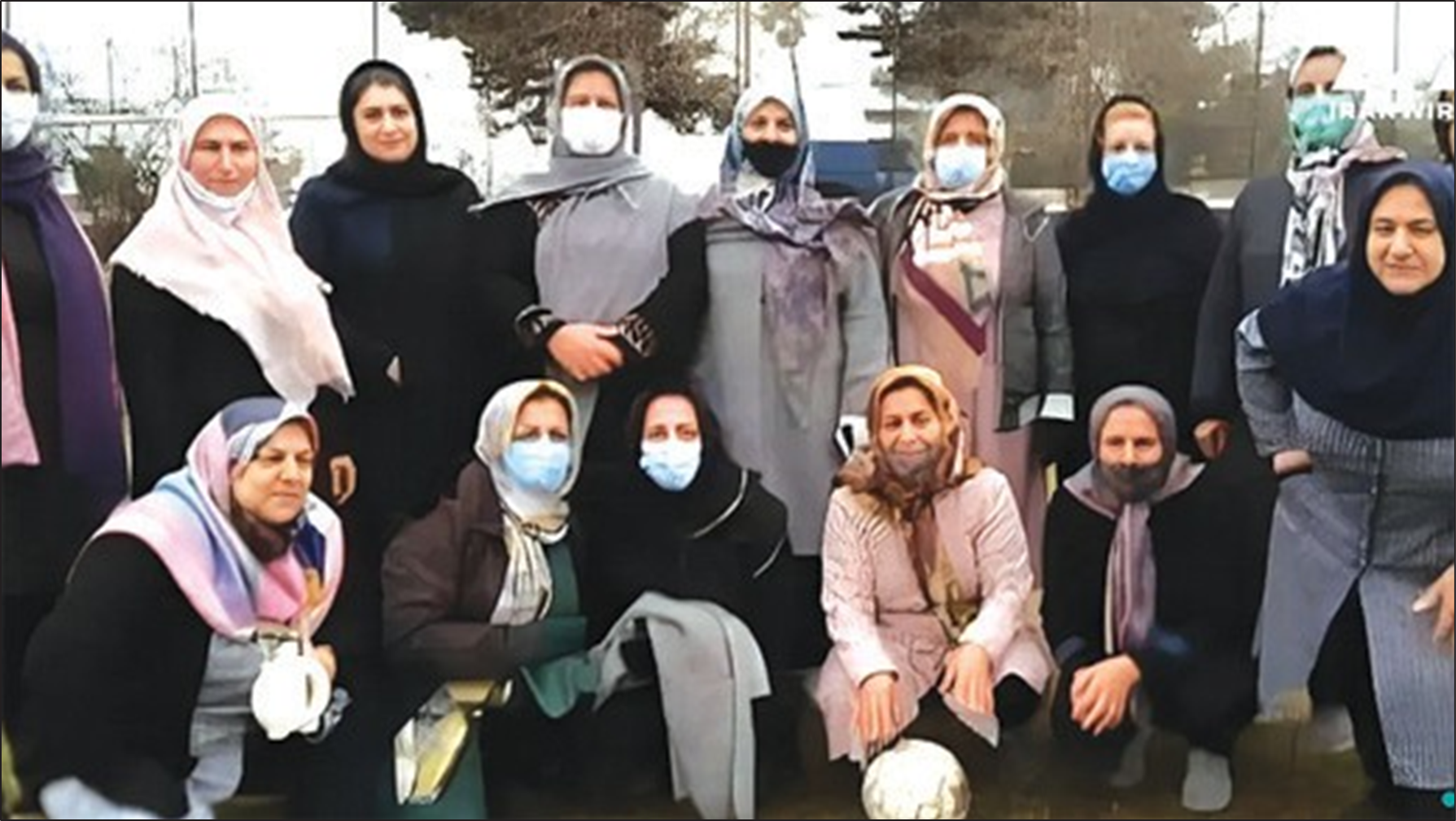March 15, 2024
 A mnesty International issued a report March 6 that said Iranian authorities have confiscated the cars of “tens of thousands” of Iranian women for failing to cover their hair while in a car. It said other hejab-less women have been prosecuted and sentenced to flogging or prison terms or faced other penalties such as fines or being forced to attend “morality” classes.
A mnesty International issued a report March 6 that said Iranian authorities have confiscated the cars of “tens of thousands” of Iranian women for failing to cover their hair while in a car. It said other hejab-less women have been prosecuted and sentenced to flogging or prison terms or faced other penalties such as fines or being forced to attend “morality” classes.
The regime’s “draconian tactics span from stopping women drivers on the road and carrying out mass confiscation of their vehicles to imposing inhumane flogging and prison sentences,” said Diana Eltahawy, Amnesty International’s deputy director for the Middle East and North Africa. The report said official announcements indicate that since April 2023, Iran’s Moral Security Police have ordered the arbitrary confiscation of hundreds of thousands of vehicles with female drivers or passengers as young as nine without or in “inappropriate” headscarves.
According to the testimonies, such orders are based on pictures captured by surveillance cameras or reports from plainclothes agents patrolling the streets and using a police app, called Nazer, to report license plates of vehicles with non-compliant female drivers or passengers. The women targeted and their relatives have received threatening text messages and phone calls, instructing them to report to the Moral Security Police to hand over their vehicles as punishment.
In recent months, the authorities have also conducted mass random car stops and checks, targeting women drivers on busy roads. Police officials pull over the women drivers and run their license plate numbers through their system, and, if marked for confiscation, they are forced to go to police stations, where their cars are impounded. Cranes are brought in to impound the cars of women who refuse to cooperate. Amnesty International said it spoke to 11 women who described intimidating car chases and stops and sudden impoundments while going about their ordinary daily activities such as commuting to work, medical visits or school runs.
They emphasized the police force’s complete disregard for their safety, with some women left stranded on busy highways or in cities far from their hometowns. Women and men said that the process to retrieve their cars from the Moral Security Police involves long queues and degrading treatment from officials including genderbased insults and reprimands about the appearance of women and girls as young as nine as well as humiliating instructions to cover their hair and threats of flogging, imprisonment and travel bans.
In many cases, senior officials at the Moral Security Police order the car released after 15-to-30 days, once arbitrary payment fees for parking and crane transfers are settled and written undertakings to observe compulsory veiling are obtained from women and girls and/or their male relatives.
In other cases, the Moral Security Police refer women and girls for prosecution. The scale of such prosecutions is hard to ascertain as authorities fail to publish statistics. However, a statement from the police chief of Qom province, Mohammad-Reza Mirheidary, in January 2024, referred to 1,986 criminal cases in connection with compulsory veiling in Qom alone since March 2023.
A bill that aims to codify and increase police powers to enforce mandatory hejab has been adopted by the Majlis. It was sent to the Council of Guardians, which rejected it for containing too many vague terms. The Majlis modified the bill and sent it back to the Council, which again rejected for vague terminology. The Majlis has now approved it for a third time and dispatched to the 12-man Council
















